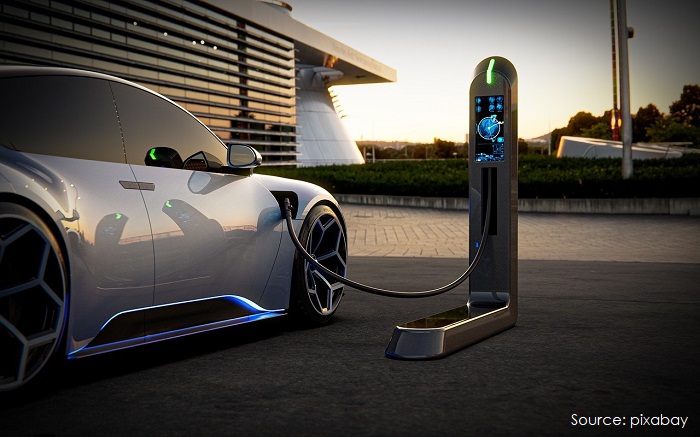Auto
China Invests $845 Million to Accelerate Advanced EV Battery Production

- China plans a 6 billion yuan ($845 million) investment to advance next-generation all-solid-state battery (ASSB) technology for electric vehicles (EVs), involving major companies like CATL, BYD, and Geely.
- This investment comes amid trade tensions with the US and Europe over Chinese EV overproduction, as both regions consider tariffs on Chinese EV imports.
China plans to invest approximately 6 billion yuan ($845 million) to advance next-generation battery technology powering electric vehicles (EVs). China’s industrial policy, however, has caused overcapacity issues that have drawn criticism from both US and European sources.
CATL, the world’s biggest battery producer and major automakers such as BYD and Geely are eligible for government support to develop all-solid state batteries (ASSBs), according to unnamed industrial sources cited by China Daily newspaper on Wednesday.
It stated that this ambitious undertaking would be managed by relevant government ministries and commissions without providing more details.
ASSBs are an innovative new battery technology, improving traditional lithium-ion batteries (LIBs). By employing solid electrolytes instead of liquid or gel forms, ASSBs may reduce fire or explosion risks while offering greater energy density – thus making these safer and more powerful options.
However, powerful batteries are currently scarce due to their higher costs and difficulty of mass production, thus prompting Beijing’s planned investment at a particularly challenging moment in China’s trade relations with Western nations.
Last month, the Biden administration implemented new tariffs against Chinese electric vehicles (EVs), advanced batteries and other goods sourced from that nation’s second-largest economy – in an attempt to protect US jobs and businesses against overproduction issues posed by those products in question.
Early next month, the European Commission is expected to make their own determination regarding Chinese EV tariffs; this decision may prove detrimental for Chinese manufacturers who ship hundreds of thousands of cars into Europe every year.
Beijing continues its efforts to boost electric vehicle (EV) production as part of an attempt to combat property-induced economic slowdown and support a low carbon economy.
Global automakers and tech firms alike are working on ASSBs. Toyota announced in January it planned to introduce vehicles equipped with solid-state batteries within several years; Samsung SDI announced in March it planned mass producing solid state batteries from 2027 onwards; Volkswagen has also been working to develop them through US startup Quantum Scape.



















































